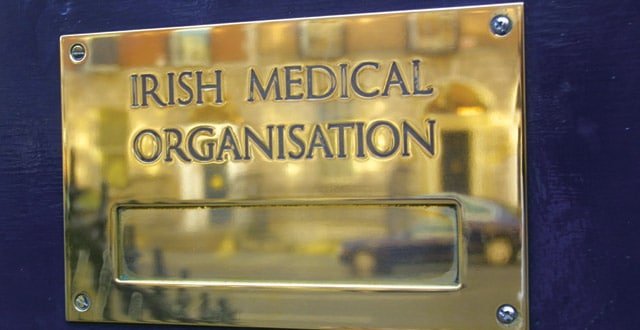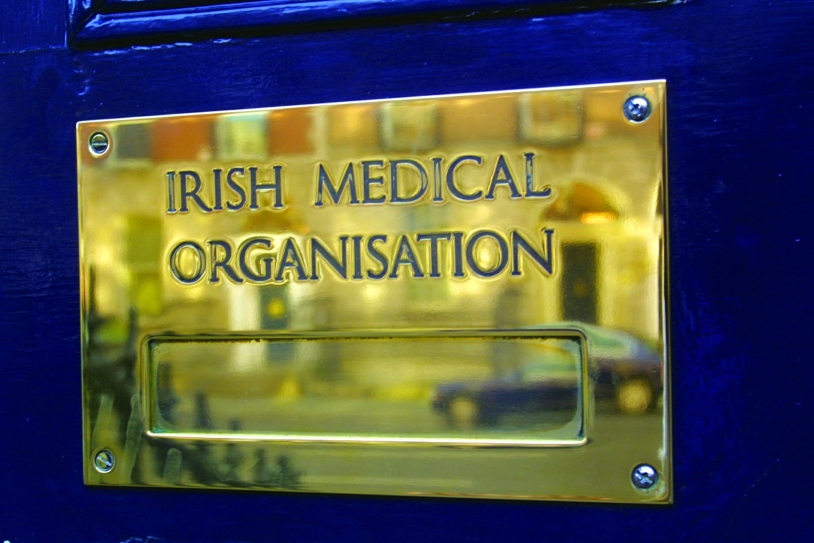The IMO has urged members to administer Covid-19 vaccines as quickly as possible once supplies become available and to strictly adhere to guidelines around vaccine priority allocation.
Almost 1,500 GPs tuned into a webinar, which was hosted by the Organisation on Tuesday 19 January, to hear further details about the agreement brokered with Government on the administration of Covid-19 vaccines by GPs.
Guidance was provided to GPs on how to operate and deliver mass vaccination clinics while information on booking systems and informed consent were also discussed during the seminar.
While specific timelines have yet to determined, it is expected that vaccinations at GP surgeries will commence from the middle of February.
European Medicines Agency approval of the Oxford AstraZeneca vaccine is expected to occur at the end of January. GPs will start vaccinating the over 85s and then move to the over 70s.
Members were informed that GP software vendors are currently working to ensure that IT capabilities are in place to facilitate vaccination clinics.
Dublin GP Dr William Behan told the Medical Independent (MI) the agreement was a “brilliant and fair deal” by the IMO.
Dr Behan said the need for speed in vaccine delivery to the public was emphasised to GPs, stating that the aim was to vaccinate patients within 48 hours of the vaccine being delivered to GP surgeries.
“The policy is to save the most lives,” said Dr Behan.
But he cautioned that vaccine delivery would disrupt day-to-day running of GP surgeries.
“It will disrupt day to day general practice. With doing clinics at weekends it will be too intense for GPs to deliver without having some impact on day to day practice,” said Dr Behan.
He called on the HSE and Government to commence a public relations campaign to provide information on the rollout.
Kerry-based GP Dr Eamonn Shanahan welcomed the deal but stressed that significant logistical issues remained.
He told MI GPs have been encouraged to “be imaginative” regarding rollout, including looking at renting larger spaces for vaccination clinics.
Dr Shanahan said that due to the requirement for observation 15 minutes post vaccination, space would be an important consideration for GPs when organising clinics.
He added that management of appointment systems for vaccination was another vital factor to ensure surgeries would not become overwhelmed with calls from the public when vaccinations commenced.
Former IMO President and GP Dr Martin Daly told MI that supply would be the “major issue” during rollout.
“It is a significant logistical request by the Government but general practice is able and willing to rise to the challenge,” said Dr Daly.
“There is a responsibility on GPs to deliver the vaccine efficiently and ethically so that there is confidence in the vaccination process.
“We saw that during the influenza vaccination campaign one of the issues was an interruption in the supply chain…where GPs were left in the invidious position of having organised vaccination clinics and then not having influenza vaccine to deliver to patients and, as a consequence, vaccination clinics had to cancelled and there was a loss of time to other patients that could have had a service. We want to avoid that.”
GPs will be paid €50 (€25 per dose) along with a €10 administration fee. If a one-dose vaccine becomes available, the fee will be €35 (€25 euro and €10 administration fee). GPs working in mass vaccination centres will be paid €120 per hour.













Leave a Reply
You must be logged in to post a comment.